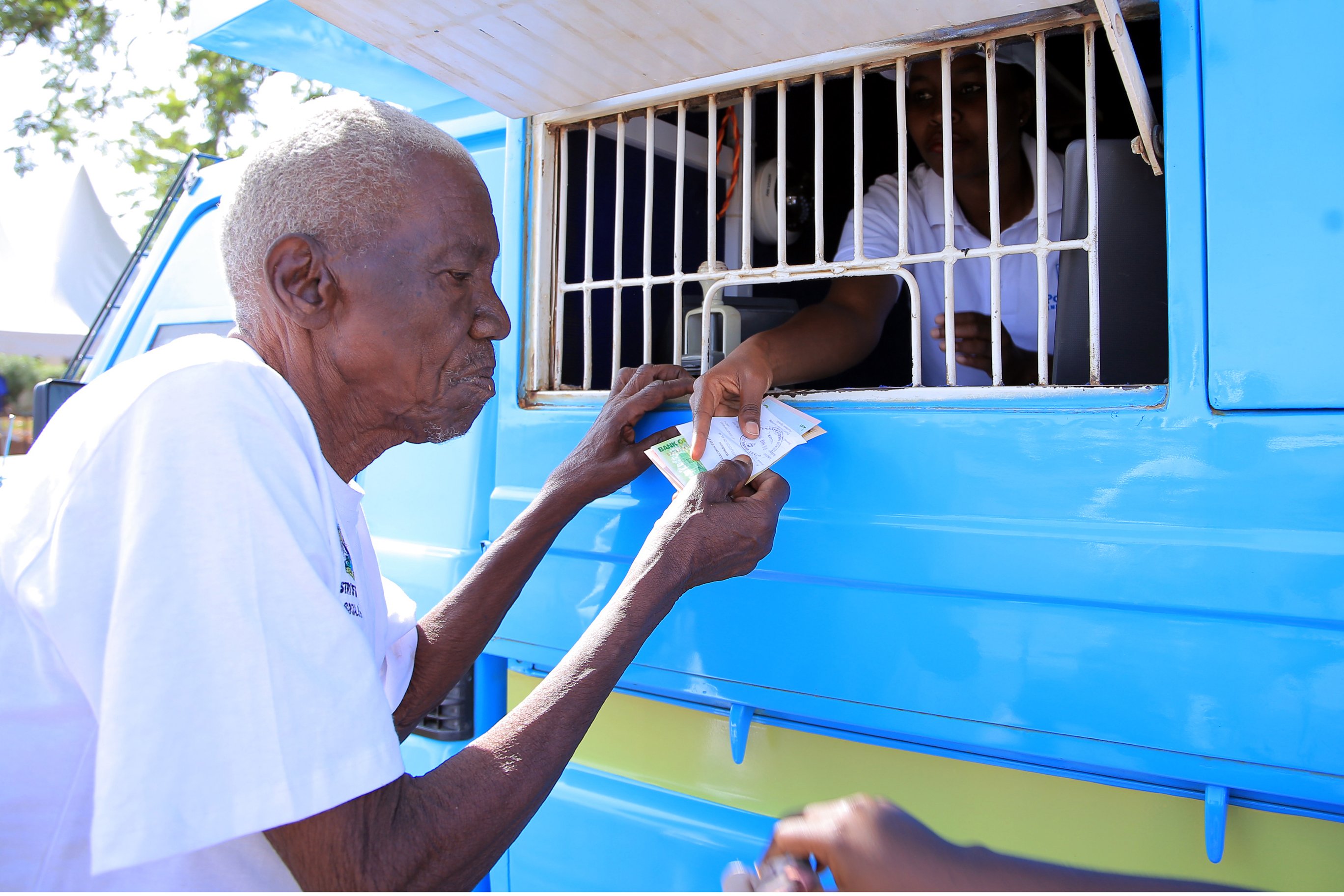Land cases dominate EOC tribunal

EOC chairperson Sofia Nalule
What you need to know:
- The chairperson of the parliamentary Legal Affairs Committee, Ms Robinah Rwakojo, who launched the report, said land and property disputes are increasing every day because the marginalised communities lack information on how to access justice in such cases.
At least 34 percent of marginalised people who seek legal services from Equal Opportunities Commission (EOC) are more affected by land and property disputes, a new report shows.
According to the tribunal law report released yesterday for year 2021 and 2022, the land and property disputes cases include trespass, destruction of property, non-compensation for land acquired by third parties, unlawful eviction and denial of access, and unfair access to matrimonial property.
“The report shows that land and property disputes dominated the court at 34 percent, followed by claims for unpaid entitlements at 31 percent, discrimination and inequalities at place of work at 23 percent, neglect at 3 percent, then exclusion from social security for elderly persons, electoral malpractice and defamation, all at 2 percent,” report states.
The report also stated that of the 56 resolved cases, 17 were through the courts of law, whereas the other 39 were resolved through mediation.
“The cases referred were regarding harassment at workplace, which were referred to the industrial court, whereas the second one was about non-payment of salary arrears and was referred to another court,” the report adds.
The largest number of cases received belonged to 39 males at 57 percent compared to the 25 for females at 38 percent whereas 5 percent were for cases brought by groups.
The report also indicated that more than half of the cases belonged to persons residing in Kampala City with 36 cases (55 percent) followed by Wakiso District with five cases at (eight percent), Hoima District had four cases, and the rest of other 13 districts had one case each.
While launching the tribunal report in Kampala yesterday, EOC chairperson Sofia Nalule Jukko said the high percentage of cases reported from Kampala City speaks to the ease of accessibility, with EOC offices being located in the central region.
Ms Nalule added that most of the cases took a year and above to be resolved where by 29 percent of the cases took more than two years, 23 percent were resolved within two years, another 23 percent were resolved within one year, and the remaining 26 percent were settled in less than a year.
“The delay in case disposal for up to two years by the EOC tribunal could be as a result of minimal staffing, challenges of getting witnesses, continued adjournments, number of times the tribunal visits upcountry locations for the tribunal hearings and disposal of cases and also depending on the circumstances of each case,” she said.
The chairperson of the parliamentary Legal Affairs Committee, Ms Robinah Rwakojo, who launched the report, said land and property disputes are increasing every day because the marginalised communities lack information on how to access justice in such cases.
“With sensitisation, people must know the types of land tenure, doing search on land and how to acquire ownership,” she said.



